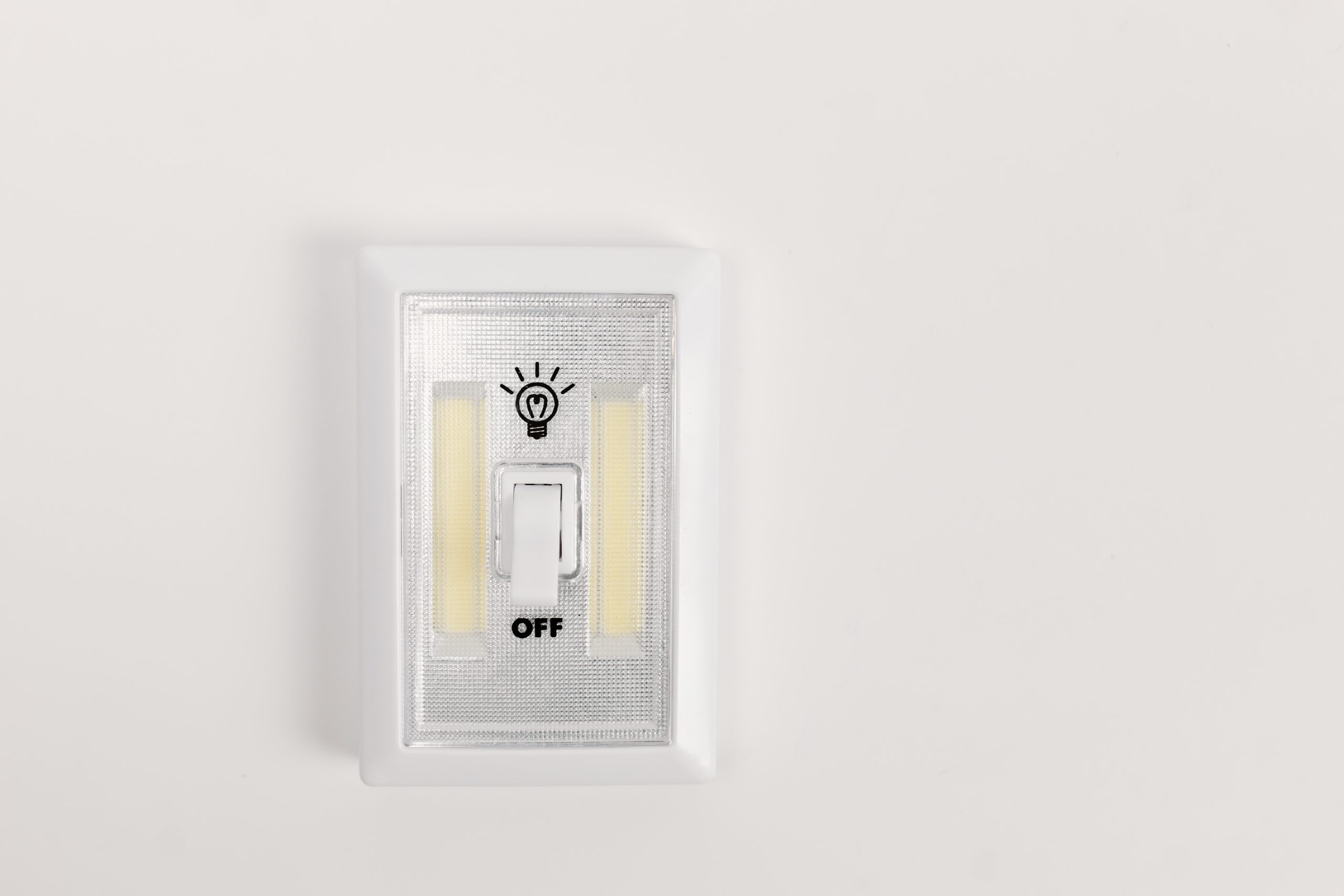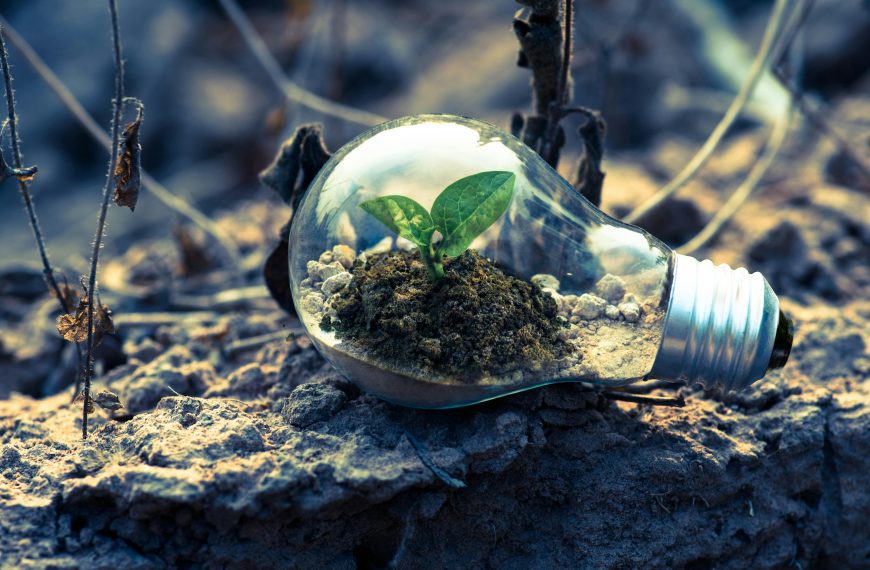In today’s interconnected world, where environmental concerns have taken center stage, it is more important than ever to prioritize energy conservation and embrace a sustainable lifestyle. The way we consume and utilize energy directly impacts our environment, from depleting resources to emitting greenhouse gases. By adopting an approach to energy consumption, we can not only protect our planet’s health but also secure a sustainable future for generations to come.
Understanding Energy Consumption; A Global Challenge
Energy consumption is deeply woven into our lives, powering our homes, industries, and transportation. However, the primary sources of energy like coal, oil, and natural gas are resources that significantly contribute to environmental degradation. Burning these fuels releases pollutants and greenhouse gases into the atmosphere, accelerating climate change and causing long-term ecological harm.
To address this challenge, one effective solution is embracing an eco-friendly lifestyle that revolves around energy conservation. By reducing energy usage, we can not only decrease our carbon footprint but also alleviate the strain on Earth’s resources.
Living an eco-friendly lifestyle goes beyond simply turning off lights when leaving a room. It involves making deliberate choices and adopting practices that contribute to a sustainable future. Here are some vital aspects of leading an energy-conserving eco-life:
- Making Your Home Energy Efficient: Begin by improving the energy efficiency of your home. Transition to LED or CFL light bulbs, as they consume less energy compared to traditional incandescent bulbs. Install thermostats to optimize heating and cooling and seal gaps to prevent drafts.
- Embracing Renewable Energy Sources: Consider transitioning to renewable energy sources like wind power. Installing solar panels on your roof allows you to generate electricity and even potentially sell excess energy back to the grid.
- Practicing the Three Rs: The principles of reduce, reuse, and recycle are fundamental to eco-living. Reduce consumption by choosing minimally packaged products, reuse items whenever possible, and recycle materials to divert waste from landfills while conserving the energy needed for manufacturing.
- Opting for Energy-Efficient Appliances: When purchasing appliances, look for the Energy Star label, indicating that they meet energy efficiency guidelines set by the Environmental Protection Agency.
By incorporating these principles into your lifestyle, you actively contribute to a more sustainable future while reducing your environmental impact. Using energy-efficient appliances not only saves money on utility bills but also contributes to environmental preservation.
Consider making eco-conscious transportation choices like walking, cycling, carpooling, or using public transportation. If feasible, invest in a hybrid vehicle, as they produce fewer emissions compared to traditional gasoline-powered cars.
Though not directly related to energy conservation, being mindful of water usage is also an aspect of eco-living. Reducing water consumption indirectly reduces energy usage, as heating household water requires energy.
Adopting a diet that includes plant-based foods and reduces meat consumption can positively impact our energy usage. Meat production is resource-intensive and contributes significantly to greenhouse gas emissions.
Embracing an Eco Lifestyle for a Greener Future
Prioritizing energy conservation through an eco lifestyle brings benefits for individuals, communities, and the planet as a whole. By using energy efficiently and embracing sustainable practices, we can reduce our carbon footprint and minimize negative impacts from resource extraction and pollution. Additionally, adopting eco-friendly habits such as energy-efficient appliances and water conservation translates directly into cost savings through lower utility bills, leading to significant cumulative savings over time.
Furthermore, conserving energy and reducing reliance on fossil fuels improves air and water quality, directly benefiting the health of urban areas grappling with high pollution levels. Encouraging innovation and job creation is another positive outcome of transitioning to renewable energy sources and sustainable practices, as it opens up opportunities in industries such as solar energy, wind power, and green technology.
Conserving energy also plays a role in protecting ecosystems and preserving biodiversity. By being conscious consumers and minimizing our impact, we contribute to safeguarding delicate ecosystems and the habitats of various species.
Addressing Climate Change through Energy Conservation
Energy conservation is a critical step in the fight against climate change. By reducing greenhouse gas emissions, we can slow down the warming of the planet and mitigate associated risks. This proactive approach not only benefits us but also sets the stage for a more stable and resilient environment for future generations.
Getting Started on Your Eco-Friendly Journey
While embarking on this journey might seem overwhelming at first, it’s important to remember that even small efforts can make a significant impact. Here are some practical steps to begin your transition:
- Evaluate Your Energy Usage: Understand your energy consumption patterns and identify areas where adjustments can be made. This might include turning off lights when unnecessary, adjusting settings for energy conservation, or unplugging electronics when not in use.
- Set Goals: Establish goals for yourself and your household. For instance, aim to reduce energy consumption by a certain percentage over a defined period or commit to having a certain number of meatless meals each week.
- Stay Informed: Keep up with developments in energy-efficient practices and environmental conservation. Knowledge empowers you to make choices that benefit the environment.
- Lead by Example: Inspire others to join you on your eco-friendly journey by sharing your experiences and the benefits you’ve witnessed from adopting a sustainable lifestyle.
- Get Involved: Participate in initiatives that support clean energy policies and advocate for responsible environmental practices in your community.
By conserving energy and embracing an eco-friendly lifestyle, we aren’t merely following a trend; we are actively shaping a future for our planet. Our conscientious choices have far-reaching benefits, from reducing greenhouse gas emissions to preserving valuable resources. As individuals and as a society, we possess the capacity to influence and create a future that is both sustainable and resilient, benefiting not only ourselves but also the generations to come.









